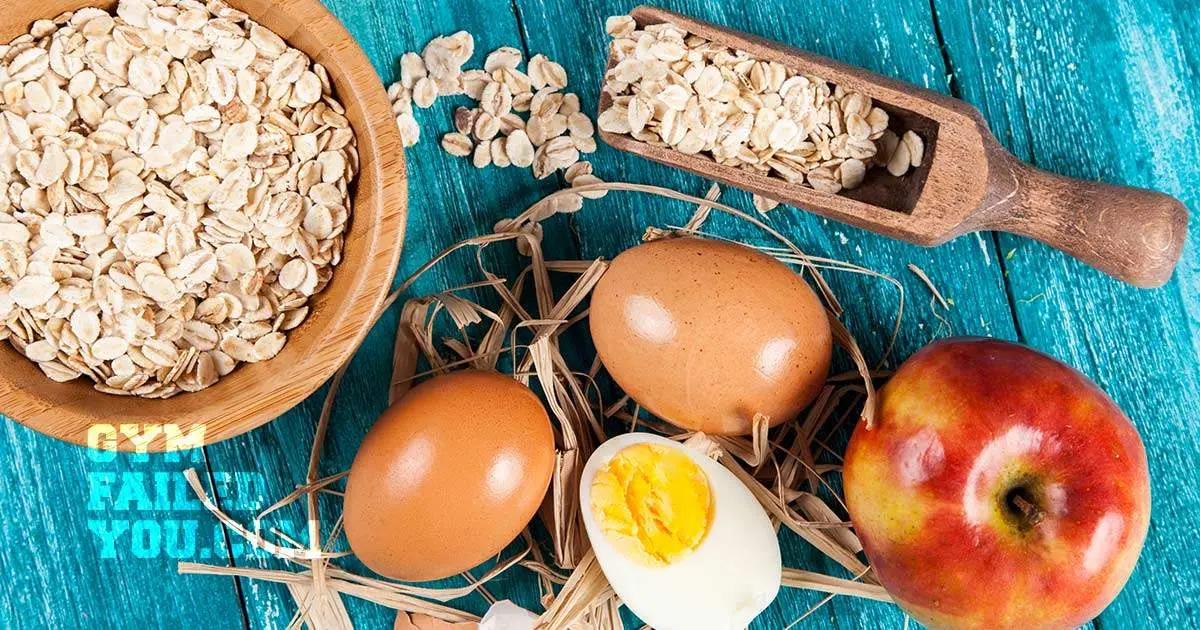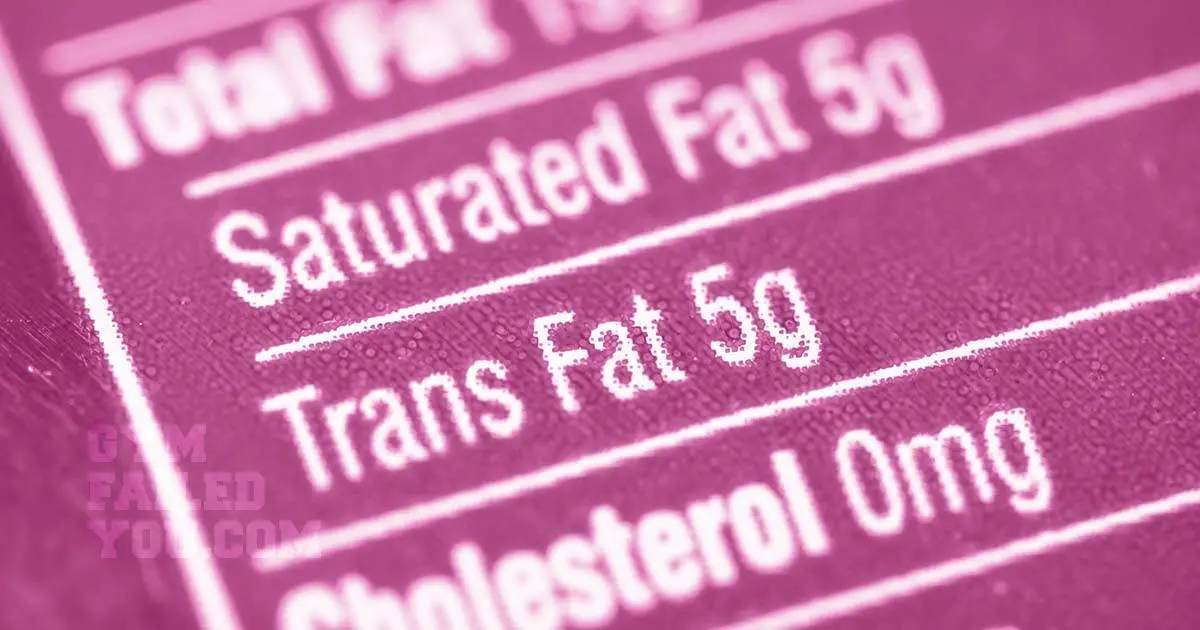Breakfast is the most important meal of the day. You’ve probably heard this common health mantra espoused by everyone from your personal trainer to a talking head on television – But why the secret to why breakfast is important lies right in its name: break the fast.
But what does that really mean? That doesn’t really tell you why breakfast is so important. Let’s cut through the BS and the hype of so many opinions and touch on the real science behind breaking the fast.
If you’re an intermittent faster, you may be wondering why this is even important. First of all, just because I’m calling it breakfast, doesn’t mean it’s the first thing in the morning. It’s simply the first meal after you’ve fasted.
Nonetheless, going without food for too long has a dark side. That’s why intermittent fasting is “intermittent.” Whether you’re doing it for autophagy, better glucose tolerance, or fat loss, there’s a limit.
So, why is breakfast important? Read on and I’ll explain.
Your Body Before You Eat Breakfast
Once you wake up, you haven’t eaten all night. You’re at the beginning of a mini fast. This will initially result in hypoglycemia (low blood sugar) as nearly all the sugar stores in your liver and muscles have been depleted. You’ll feel fatigued if you don’t eat, and that’s a bigger deal than you may realize.
Metabolic failure occurs as your body changes gears to slow your metabolic rate and find alternative sources of glucose. Whether you consume carbohydrates or not, you will ultimately turn protein into glucose because several bodily systems (including your brain) can only run on glucose. And this is okay if you’re conditioned for it from participating in intermittent fasting and there’s enough fat stored. But there’s a limit.
Results of Not Eating Breakfast
The results of this compound if you don’t eat. Now you’re fatigued, and even worse, your muscle tissue is being broken down to extract the necessary amino acids that can be turned into glucose. This is called gluconeogenesis. I discuss this a lot in my other articles.
No one really wants to burn and lose muscle, but that is exactly what happens when we fast for too long.
What about the recent studies stating that skipping breakfast is not so bad?
It was once believed that skipping breakfast slowed one’s metabolism a lot. The idea stated skip breakfast, slow the metabolism and gain weight. Turns out, it has minimal bearing on weight gain. So, the latest research is right. Skipping does not elicit weight gain.
But, I’m making the point that fasting too long jeopardizes muscle tissue. Based on my peer-reviewed literature review on intermittent fasting, the sweet spot is to break the fast after 12-16 hours.
That is if you decide to prolong your fast after waking.
What Makes a Good Breakfast (if you’re not ketogenic)
To prevent all this, eat a healthy breakfast at least 12 to 16 hours after the initial fast (sleep). A good first meal of the day would include:
- Enough protein and fat to slow the absorption of whatever carbohydrates you consumed
- When you do eat carbohydrates for breakfast, they should be healthy carbs filled with fiber and nutrients
- There’s no reason not to eat a vegetable with breakfast. I get weird looks when I tell people I incorporate broccoli or brussel sprouts with my first meal. The way I see it, it’s just another opportunity for healthy food!
A nice example of a great breakfast to start your day is:
- 3 whole eggs
- ¼ to ½ cup whole oatmeal with 1 tablespoon of natural peanut butter or coconut butter
- 1 small apple
Have a great morning routine for breakfast?
Share in the comments below.




